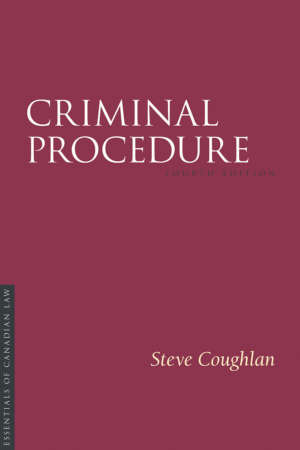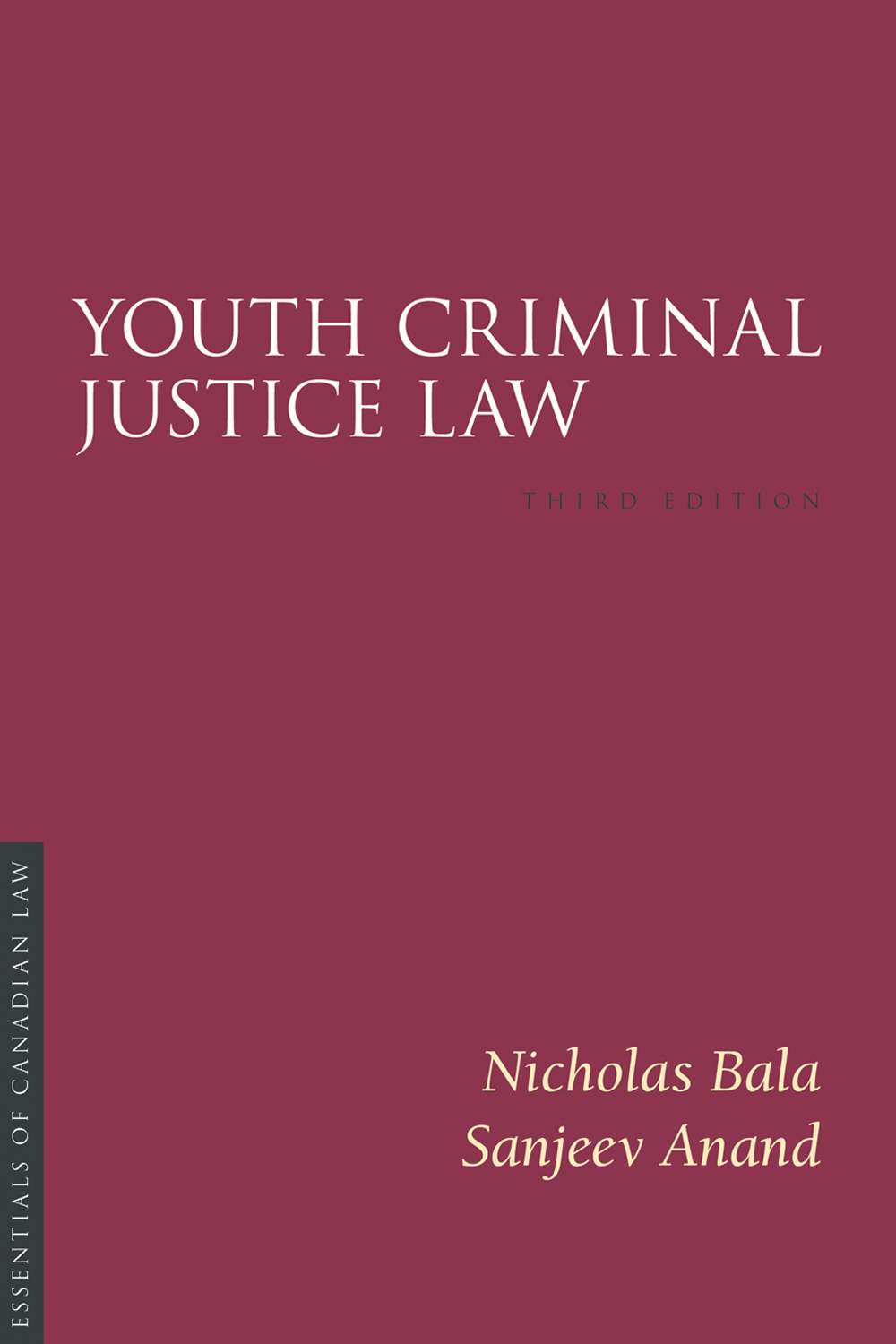Charter of Rights and Freedoms
3 definitions found for this term.
Definitions are presented in the order source books were published (most recent first).
Sections 1–34 of the Constitution Act, 1982, setting out various guaranteed rights which, subject to the justification clause in section 1 of the Charter, take priority over any other legislation. The most important sections for criminal law purposes include the fundamental freedoms guaranteed in section 2 (such as freedom of expression), the legal rights provisions in sections 7–14 (such as freedom from unreasonable search and seizure, and the right to counsel), and the remedies provisions in sections 24 and 52.
The part of the Constitution Act, 1982, that guarantees fundamental rights and freedoms of individuals in their relationship to the government and its agents. The Charter can be invoked by a judge to exclude evidence that was obtained by the police in violation of guaranteed rights if its admission in court proceedings “would bring the administration of justice into disrepute.” In some cases, a Charter violation may result in a judicial stay of proceedings. The Charter is occasionally used to nullify pieces of legislation, as, for example, happened when the Supreme Court of Canada declared unconstitutional the provisions of the YCJA that created a presumption of adult sentencing (R. v. D.B., 2008 SCC 25).
The Canadian Charter of Rights and Freedoms, also referred to as the Charter of Rights and Freedoms. Dating back to 1982, this is Canada's bill of rights. It includes a number of important rights guarantees including freedom of religion and expression, the right to vote, and the right to equality.




